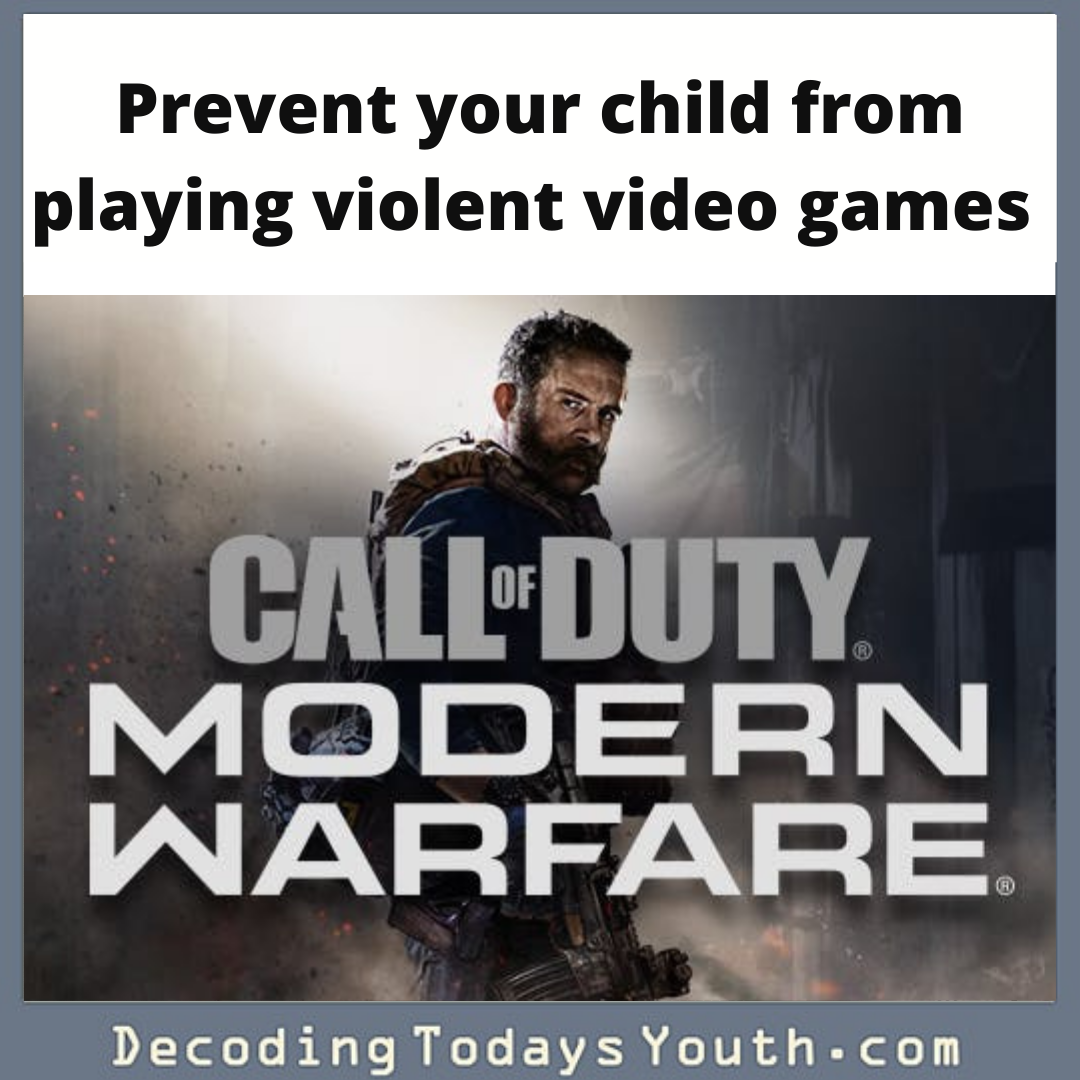
Car crashes. Explosions. Gore. Violence.
These are all things that come to mind when thinking of popular video games. Computers and consoles are becoming more advanced too, making games look like the real world.
One thing to keep in mind if your child does play video games are the effects of playing too long. Your child may spend less time socializing with friends and family and develop poor social skills. It could also result in poor grades says the American Academy of Childhood & Adolescent Psychiatry (AACAP).
Do you ever think, “this game does not seem very child friendly” or “should my child be playing this game?”
If so, I may have the answers you are looking for.
Read the ESRB label
This is the first thing every parent should look at before deciding if a game is suitable for their child. The Entertainment Software Rating Board (ESRB) handles all games found in stores and most found online. There are currently six different ratings that can be put on games: Rating Pending (RP), Everyone (E), Everyone 10 plus (E10+), Teen (T), Mature (M), and Adults Only (AO).
Those ratings can be found at the bottom left corner of every game box. If you are unsure what the rating is, check https://www.esrb.org/. Type the title into the search bar and all the information will be available. Remember to view the label before purchasing.
View the gameplay beforehand
Besides reading the label, it is best to watch some gameplay before buying the game. A quick Google search will lead to dozens of videos and hours of content.
Sometimes the ESRB rating can be lower than it should. And every parent is different. Do you want your child playing this game?
Some parents may be accepting of their child playing rated “T” games when they are 13. Others may wait until their child is 15 before playing those games. It should be you making that determination. Not the ESRB. They provide only a rough guideline. So, watch the game.
Do not give into temptation or “kid” pressure
Arguably the most important suggestion on my list is not to give into temptation. I am sure most parents have heard their kid provide a “compelling” reason why they should play a violent game. “My friends play it all the time.” “If their parents let them play it, why can’t I?” I remember using those “compelling” reasons myself. But there is a good way to control the problem.
I suggest not getting really mad at this kind of situation. It could cause more problems if a screaming match breaks out. I suggest calmly handling the problem. Dr. Lauber suggests reminding them that you are the parent and you are in charge of this house and the toys you bought. For older children, you might want to negotiate some sort of compromise if there are other games you will allow.
I hope these tips are helpful. I know I put up a fight when my parents didn’t allow me to play certain games. But I now see they were wiser than me. Your kids will feel that way too.
Someday. (smile)
Useful links:
Here is a direct link to the “policy” PDF of the American Psych0logical Association on violent video games:
APA Violent Video Games policy paper
